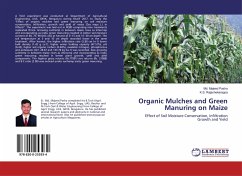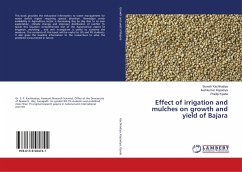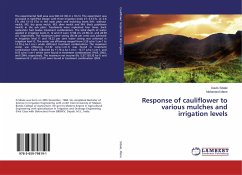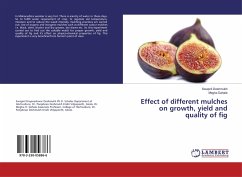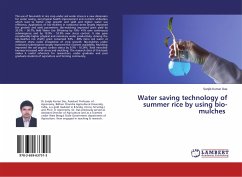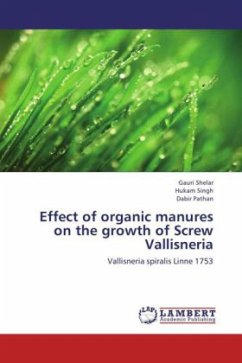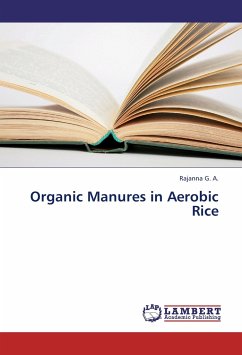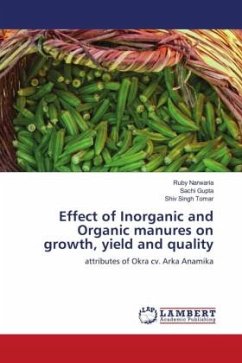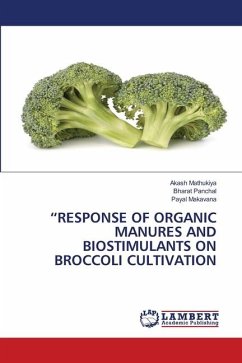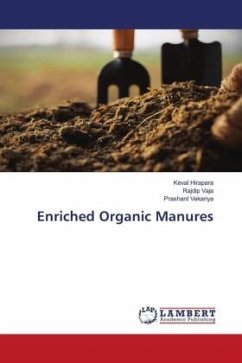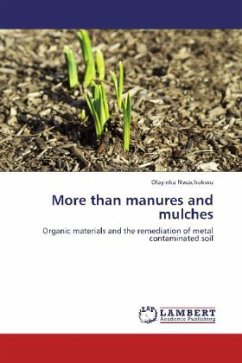
More than manures and mulches
Organic materials and the remediation of metal contaminated soil
Versandkostenfrei!
Versandfertig in 6-10 Tagen
52,99 €
inkl. MwSt.

PAYBACK Punkte
26 °P sammeln!
Incorporating manures of plant and animal oringin into soil is known to improve soil nutrient content while enhancing soil aggregate stability and microbial activity. The practice of mulching the soil with materials like grass, leaves and food processing wastes conserves soil moisture, regulates soil temperature and prevents surface erosion. In addition to these traditional roles, organic materials can also be successfully used in cleaning up contaminated soil and water. Many countries are subjected to land contamination from past and present industrial activities. Thus, soil remediation throu...
Incorporating manures of plant and animal oringin into soil is known to improve soil nutrient content while enhancing soil aggregate stability and microbial activity. The practice of mulching the soil with materials like grass, leaves and food processing wastes conserves soil moisture, regulates soil temperature and prevents surface erosion. In addition to these traditional roles, organic materials can also be successfully used in cleaning up contaminated soil and water. Many countries are subjected to land contamination from past and present industrial activities. Thus, soil remediation through sustainable, inexpensive and environment-friendly techniques remains a global challenge. In this book, the effectiveness of organic materials in metal immobilization is evaluated through sorption studies, microbial respiration and plant uptake in order to determine their potential for the remediation of contaminated soil.



